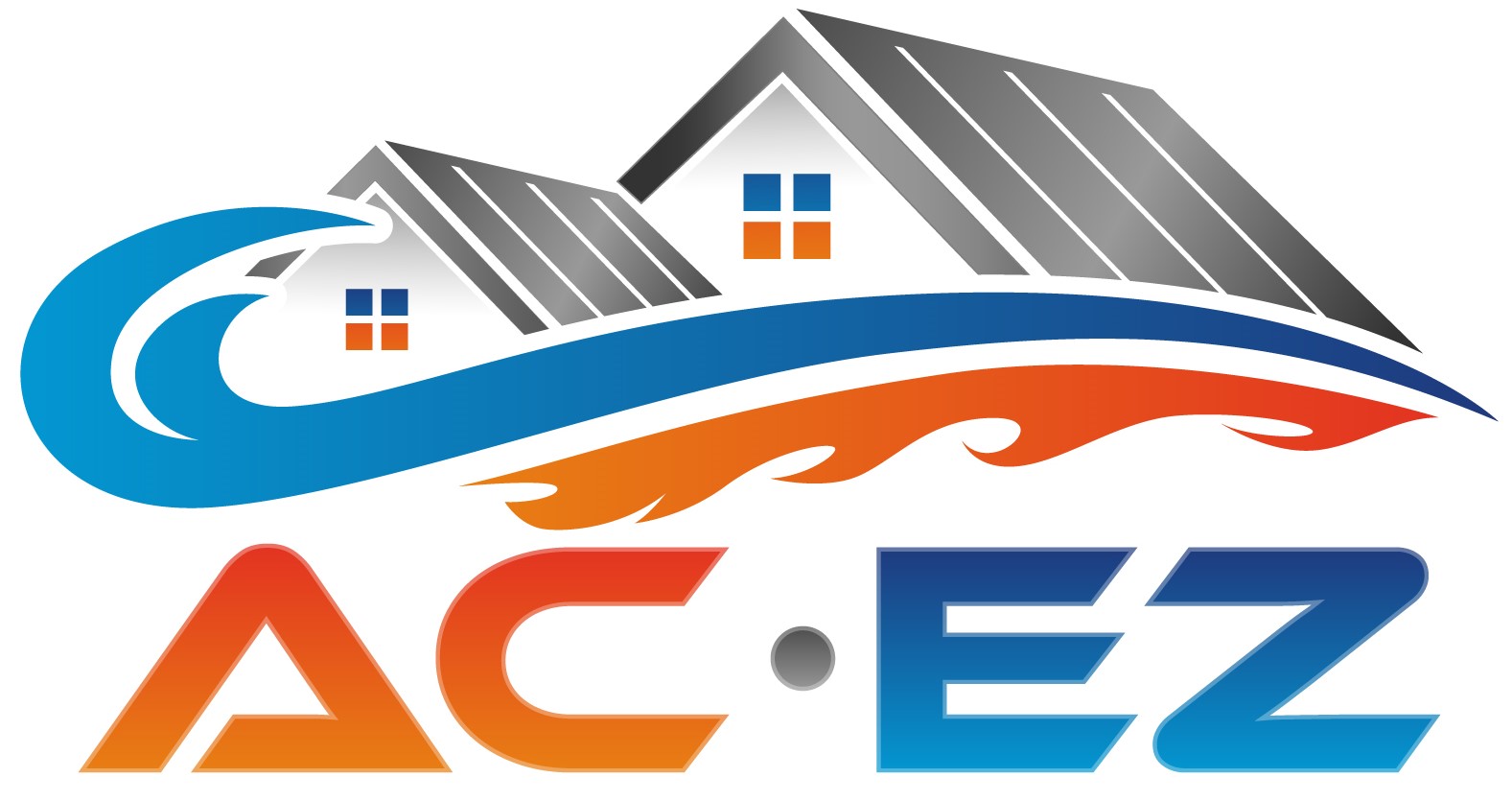7 Reasons to Hire a Professional HVAC Technician
HVAC headaches always show up at the worst time, and cutting corners can cost more in the long run. From accurate system sizing to avoiding dangerous DIY mistakes, the benefits of hiring a certified pro go far beyond a quick repair. Here are the top reasons to hire a professional HVAC technician.
- Correct System Sizing and Design Prevents Comfort and Cost Problems
Professional technicians perform load calculations (Manual J, S, and D) to size equipment and design ductwork for the specific home. It prevents short-cycling, hot/cold spots, excess humidity, and inflated utility bills that result from oversizing or poor airflow.
Proper design ensures the system reaches set temperatures efficiently without overworking, which extends equipment life and improves day-to-day comfort.
- Code Compliance and Safety Protect Home and Warranty
Licensed HVAC pros install to manufacturer specifications and local building, electrical, and mechanical codes. It safeguards against hazards like electrical faults, backdrafting from combustion appliances, and improper venting.
Code-compliant installs reduce fire and carbon monoxide risks and help preserve manufacturer warranties that may be voided by unlicensed work or improper installation.
- Peak Efficiency Lowers Energy Bills Month After Month
Professional installation and tune-ups optimize refrigerant charge, airflow (CFM per ton), static pressure, and thermostat calibration—key variables that drive seasonal efficiency and operating costs.
With clean coils, sealed ducts, and balanced supply/return, the system uses less energy to deliver the same (or better) comfort, leading to measurable reductions in monthly utility spend.
- Preventive Maintenance Avoids Breakdowns and Extends Lifespan
Routine professional HVAC maintenance identifies worn parts, electrical issues, dirty coils, blocked drains, and airflow restrictions before they cause failures.
By addressing small issues early, homeowners avoid emergency calls, protect compressors and blowers from strain, and extend the useful life of the furnace, heat pump, or air conditioner.
- Real Savings vs. DIY: Fewer Mistakes, Protected Warranties, Lower Total Cost of Ownership
DIY fixes frequently miss root causes and can lead to repeat failures, higher energy use, and voided warranties, erasing any upfront “savings.”
Professional service reduces callbacks through accurate diagnostics, uses OEM-quality parts, and keeps warranty coverage intact—leading to a lower total cost of ownership over the system’s life.
- Safety First: Refrigerants, High Voltage, and Combustion Require Certified Expertise
HVAC systems involve high voltage, pressurized refrigerants, gas lines, and combustion—each with serious injury and property risks if mishandled.
Certified technicians have the training, tools, and safety protocols to handle refrigerants, verify leak integrity, ensure proper venting/combustion air, and lock out/tag out electrical circuits to protect both occupants and equipment.
- Professional Know-How Delivers Quieter, Cleaner, More Consistent Comfort
Experienced pros balance airflow room-by-room, seal and insulate ducts, set fan speeds, and integrate IAQ components (filters, UV, ERVs/HRVs) to reduce noise, improve air quality, and stabilize temperatures across the home.
The result is less cycling, fewer drafts, cleaner indoor air, and a system that “disappears into the background” while doing its job.
Why Professional HVAC Installation Matters
A correct install starts with a heat-loss/heat-gain assessment, proper equipment selection, and duct design that meets airflow targets.
Pros verify charge with superheat/subcooling methods, set static pressure, and confirm temperature split, ensuring the system reaches rated performance. They also document startup conditions for warranty and future service.
The Importance of Regular HVAC Maintenance
Twice-yearly maintenance (pre-cooling and pre-heating seasons) typically includes: filter change, coil cleaning, condensate inspection, blower cleaning, electrical tightening, capacitor/relay checks, refrigerant performance check, thermostat calibration, and safety tests for gas appliances (combustion analysis, CO checks). These steps prevent efficiency losses and mid-season failures.
Saving Money with Professional HVAC Services
- Lower energy use via correct airflow, charge, and controls calibration
- Fewer emergency visits due to early fault detection
- Warranty protection that offsets large repair costs
- Longer equipment life reduces replacement frequency
Avoiding Costly DIY HVAC Repairs
Common DIY failure points include miswired thermostats, incorrect C-wire solutions, overcharged/undercharged systems, clogged condensate lines, and unsealed return leaks that pull attic/garage air into the system.
Each can spike energy use or damage components. Specialized tools (micron gauges, recovery machines, manometers) and procedures are essential for reliable outcomes.
Safety, Licensing, and Certifications
Look for licensed contractors with insured crews and technicians trained in manufacturer programs and industry standards.
For refrigerant-bearing systems, ensure techs hold relevant certifications and follow recovery/leak-check protocols. For gas systems, combustion analysis and venting verification are musts for safety and efficiency.
Experience and Qualifications to Seek
- Documented load calculations and duct design capability
- Commissioning checklist (airflow, charge, static pressure, temperature split)
- Clear maintenance plans and service documentation
- Strong reviews/testimonials and transparent warranty terms
FAQs
How often should an HVAC system be serviced?
Twice per year—once before cooling season and once before heating—to prepare for peak demand and prevent breakdowns.
What are the signs I need HVAC repair?
Unusual noises, short cycling, hot/cold spots, musty smells, poor airflow, or unexplained energy-bill spikes.
How can I save money on my energy bill with HVAC?
Ensure correct sizing, sealing/insulating ducts, regular maintenance, proper refrigerant charge, and smart thermostat settings.
What are the benefits of professional HVAC installation?
Accurate sizing and duct design, code compliance, protected warranties, higher efficiency, safer operation, and longer system life.
Comfort, Savings, and Safety—All in One Decision
Choosing a professional HVAC technician isn’t just about fixing a problem. It’s about investing in your home’s comfort, protecting your family’s safety, and ensuring your system runs efficiently for years to come. From proper installation to preventive maintenance, the difference a skilled expert makes is one you can feel, hear, and see in lower energy bills.
Ready to enjoy reliable, worry-free comfort? Contact us today to schedule your professional HVAC service and experience the difference expert care makes.
